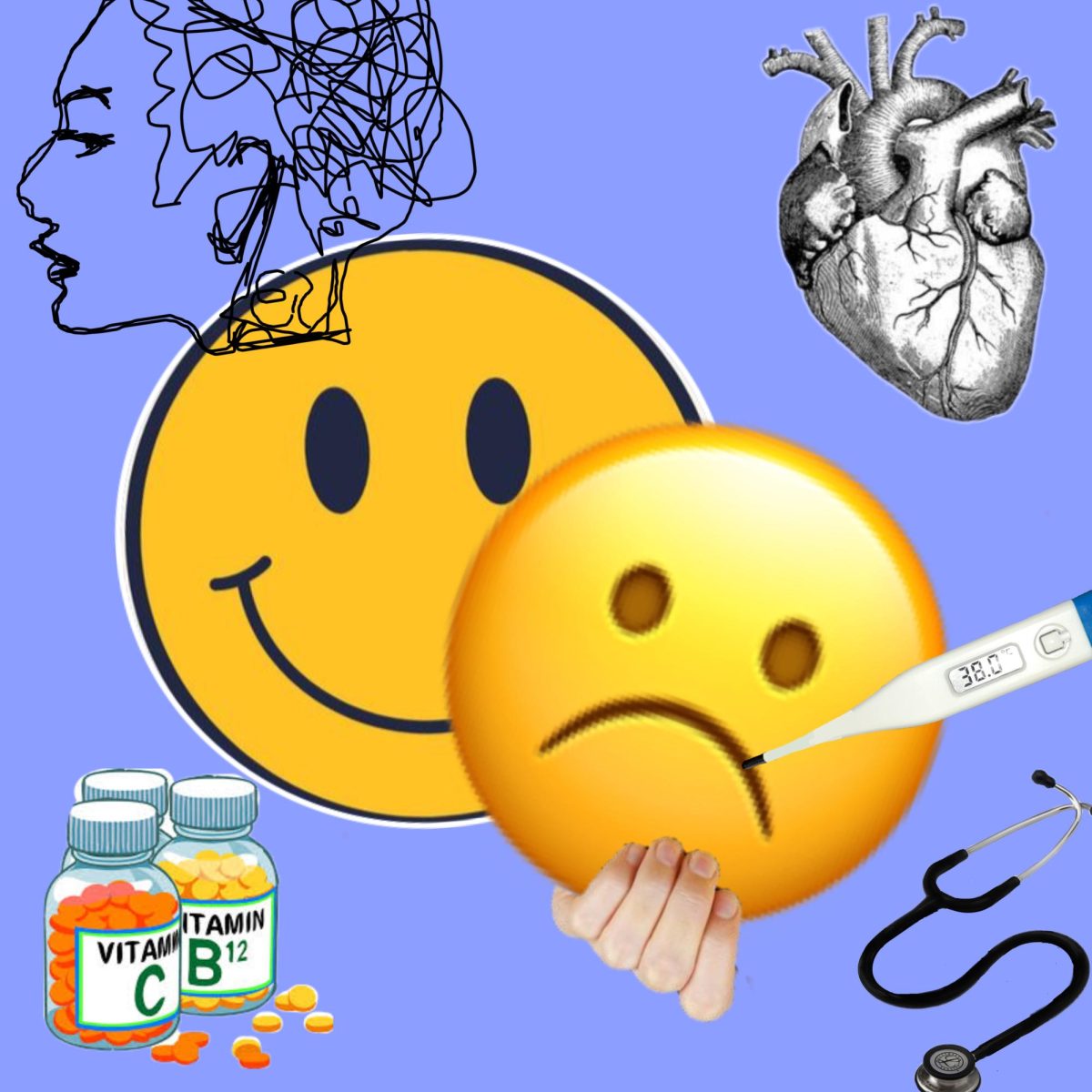In recent years, a disturbing trend has emerged on social media. It’s a trend of people faking disorders for either personal gain or attention. Called factitious disorders, these range from pretending to have a physical disability to exaggerating the symptoms of a mental illness. This trend is downright disrespectful to people who suffer from actual disorders. It’s important to acknowledge that there are people who suffer from potentially life-threatening disorders, and the growing number of people faking them compromises the efficiency of treating people who actually need assistance.
On the surface, some people think that faking disorders will only affect them, but that isn’t entirely true. The reason for deception is usually a craving for validation, attention, or privileges, For example; Disabled parking, disability checks, special accommodations while at work, and in some cases, housing. The cause of faking disorders is still unknown. Doctors believe it has something to do with past traumas whether it’d be from childhood trauma or from when they had a serious illness as a child and just had the desire to get that level of attention again. Faking disorders is considered rare so we don’t know how large or small the scale of people faking disorders actually is.
One of the most common ways that people fake disorders is by taking online quizzes that give them an inaccurate diagnosis. Through the power of the internet, the amount of information available makes it easier for people to research their symptoms and give themselves a false diagnosis.
The rise of social media has also contributed to the spread of the faking disorders trend. Social media platforms like YouTube and TikTok provide the perfect place for people to present their fake visions of themselves, like Madison Russo. Madison Russo is a TikToker from Iowa who has around 6,000 followers. She became popular for documenting her “cancer” journey on TikTok and GoFundMe updates, claiming to have stage 2 pancreatic cancer, acute lymphoblastic leukemia, or ALL for short, and a tumor the size of a football that wrapped around her spine. She was finally caught after doctors found discrepancies in her story. She faces a 10-year suspended sentence and was ordered to pay $39,000 on top of a $1,370 fine. She’s not the first person to fake illnesses and certainly won’t be the last.
America is not the only place around the world with those who fake disorders. For example, Belle Gibson was a 23-year-old female from Australia who faked having multiple conditions, including cancer. She claimed to have cured her cancer with a “wellness” diet instead of using traditional medicine. In August 2013, she launched The Whole Pantry, a health, wellness, and lifestyle app. The app made her millions of dollars and had been downloaded 300,000 times. Throughout, she claimed to have donated to multiple charities, but eventually, the truth came to light and she was exposed to be lying. In September 2017, Gibson was fined $410,000 for making her false claims of donating to charity.
This trend of factitious disorders presents multiple challenges for medical professionals and society as a whole. Giving a correct diagnosis has been increasingly difficult as the trend grows. This can cause people to be misdiagnosed and for treatments to get wasted. Furthermore, people who have legitimate disorders can face doubt making it hard for them to receive the support and help they need.
An alarming case of faking disorders is the case of Anthony Montwheeler. In 2016 Montwheeler was freed by officials from the Oregon State Hospital (phytriatic Hospital) after admitting he faked having a mental illness for nearly 20 years to avoid going to prison. In 2018 he was under investigation for 2 murders and an assault which the prosecution believe he did just weeks after getting out. The judge then ordered him to go back to the hospital for depression caused by the accusations against him. This case had a lot of controversy surrounding it since after all the allegations he was just sent back to the hospital.
Addressing this trend will require a delicate approach since you can’t just ask people if they’re faking a disorder or being genuine. People have gone so far in trying to convince people that they’re ill that they’ve started giving themselves unnecessary medication, risking an overdose, and putting their own lives on the line. There’s going to need to be an increase in awareness about the consequences that come with faking disorders and how unethical it is. Efforts should also be directed towards creating a supportive environment for those struggling with actual disorders and not with people who choose to fake disorders.










Jasper Benson • May 24, 2024 at 9:55 am
this is a very good article and most definitely an issue. Another creator to point out is Trisha Paytas. Faked D.I.D. and tourettes. With online resources of knowledge on disorders so readily available, it’s very easy for people to either self-diagnose themselves or fake things for clout and attention
Kyle Wilson • May 17, 2024 at 3:25 pm
This is a nicely written article, Saily, on a very interesting topic. Keep up the good work! – Mr. Wilson